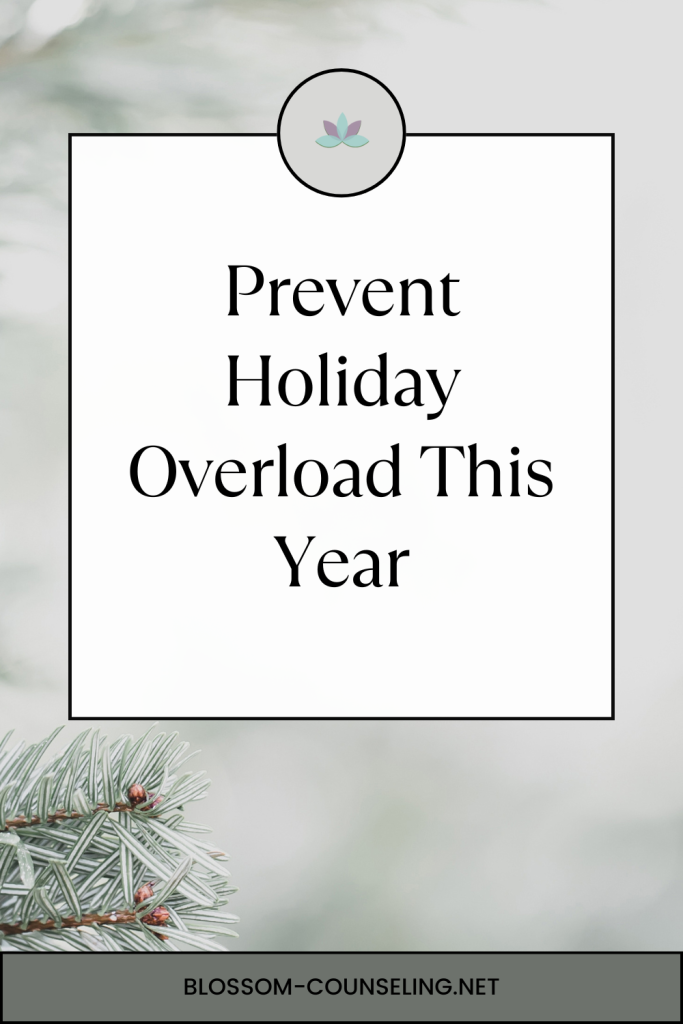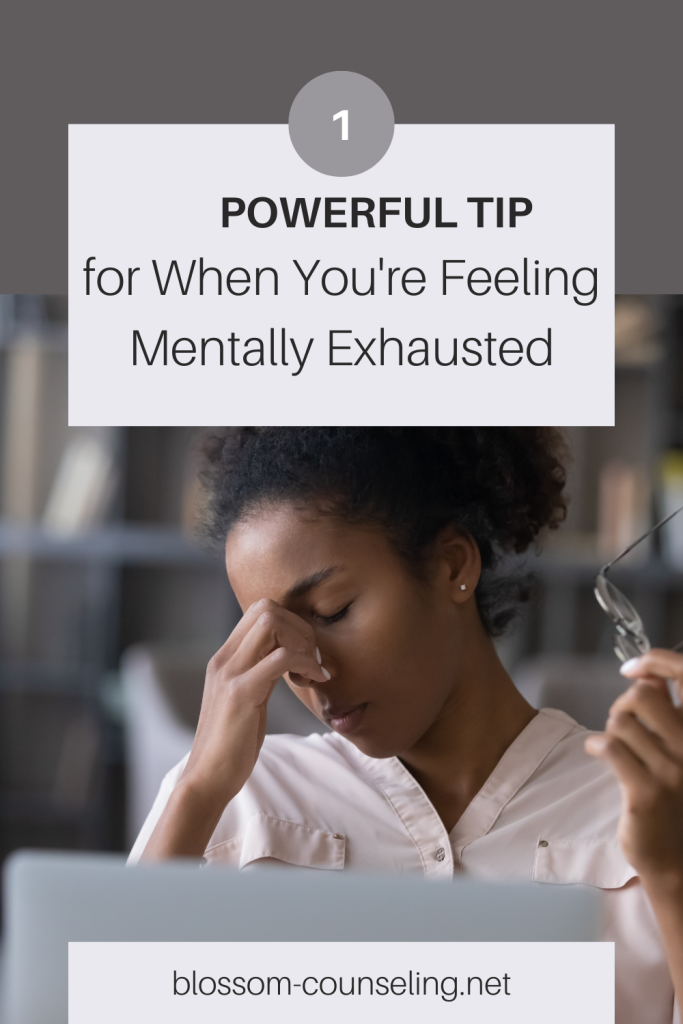
Have you ever heard the saying “honesty is the best policy”? It’s a phrase that’s been ingrained in us since childhood, but what does it really mean? Honesty can often be a difficult trait to maintain, especially in a world where we are constantly trying to present the best version of ourselves. However, the benefits of honesty are numerous and can lead to a more fulfilling life.
Improved communication
With honesty comes improved communication. When we are truthful in our interactions with others, we establish a foundation of trust and respect. This, in turn, allows for more open and effective communication. When we are dishonest or withhold information, we create a barrier between ourselves and those we are communicating with. This can lead to misunderstandings, confusion, and ultimately, a breakdown in our relationships.
Improved communication through honesty also means that we are better able to express our own thoughts and feelings. When we are truthful about our own experiences, we allow others to understand us on a deeper level. This can lead to more meaningful connections and stronger relationships. Additionally, when we are honest about our own mistakes or shortcomings, we invite feedback and constructive criticism. This can help us grow and improve as individuals.
Incorporating honesty into our communication habits requires practice and intentionality. It may mean being vulnerable and admitting when we are wrong or uncertain. It may also mean being straightforward and direct in our language. However, the benefits of improved communication through honesty are worth the effort. By prioritizing honesty in our interactions with others, we can build stronger relationships and lead a more fulfilling life.
Increased self-respect
Incorporating honesty into our daily interactions can also lead to increased self-respect. When we are truthful about our experiences and shortcomings, we demonstrate integrity and a willingness to take responsibility for our actions. This can boost our confidence and self-esteem, as we feel good about ourselves and our ability to communicate effectively.
Moreover, practicing honesty requires us to be true to ourselves and our values. When we prioritize honesty, we establish a clear sense of personal integrity and consistency. This can help us feel more grounded and authentic in our relationships and interactions with others.
By cultivating self-respect through honesty, we also set an example for others. When we embody these values, we inspire those around us to do the same. This can create a more positive and supportive environment, where individuals feel empowered to be honest and true to themselves.
By prioritizing honesty in our interactions with others, we can also build greater trust and respect from those around us. This can pave the way for deeper and more meaningful connections, both personally and professionally.
Greater trust from others
By embodying honesty in our interactions, we not only inspire others to do the same but also build trust and respect within our relationships. Whether it’s personal or professional, being honest creates an open and transparent environment that encourages authenticity and accountability. This can lead to deeper connections, improved communication, and ultimately, greater success. With that in mind, here are a few tips for cultivating a habit of honesty.
Tips for cultivating a habit of honesty
By cultivating a habit of honesty, we can transform our relationships and create a more positive environment for ourselves and those around us. Here are a few tips to help you get started:
1. Start small: Begin by committing to being honest in small ways, such as speaking truthfully about your opinions or admitting when you make a mistake. As you become more comfortable with this, you can gradually work your way up to more challenging situations.
2. Practice active listening: Honesty is not just about speaking your mind, but also about listening to others with an open mind and heart. Pay attention to the words, tone, and body language of those around you, and make a conscious effort to understand their perspective.
3. Be accountable: When you make a mistake or fall short of your commitments, don’t make excuses or try to shift the blame onto others. Instead, take responsibility for your actions and work to make things right.
4. Seek feedback: Invite honest feedback from others, both positive and negative, and use it as a tool for growth and improvement. This will not only help you become more self-aware, but also build trust and respect in your relationships.
5. Practice self-reflection: Take time to reflect on your own values, beliefs, and intentions, and make sure that your actions align with these. This will help you stay true to yourself and build a reputation as a trustworthy and authentic person.
Cultivating a habit of honesty may not always be easy, but the benefits far outweigh the challenges. By embracing honesty in our lives, we build stronger relationships and create a more positive and authentic world.
Incorporating honesty into your daily routine may require some initial effort, but the benefits are immeasurable. By improving your communication, boosting your self-respect, and earning greater trust from those around you, you can lead a more satisfying life. So, why not commit to honesty today and witness how it can positively transform your relationships and interactions? As Abraham Lincoln once famously said, “Honesty is the best policy because if you tell the truth, you don’t have to remember anything.”
|
|




